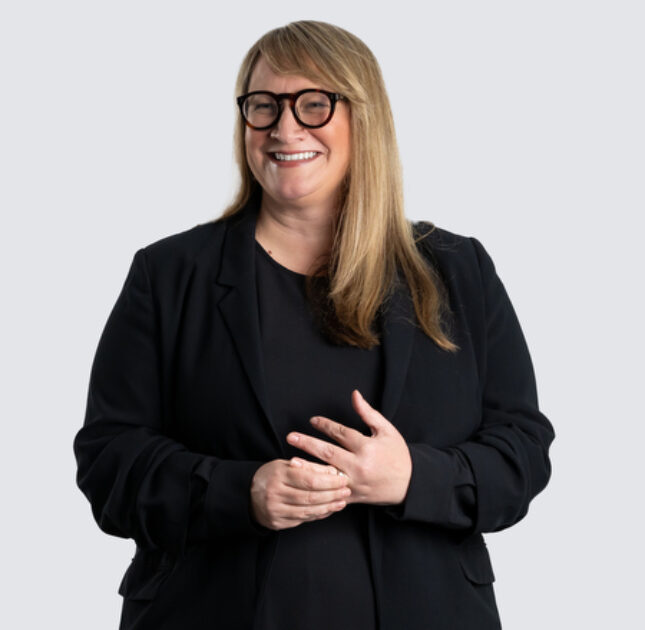Last week, the Local Government Ombudsman ordered Birmingham City Council to refund 11 years of top-up fees which were paid in error. In this recent case, the Ombudsman found that the Council failed in their duty to offer at least one available and suitable care home and failed to provide sufficient information about top-up fees to enable the family to make an informed choice about their relatives care placement. In this post, we explain what top up fees are and when you have to pay them.
When your relative enters a care home, we understand that it can be extremely difficult to understand how their care placement is to be funded and whether you are responsible for the cost of a top-up fee when not eligible for NHS Continuing Healthcare Funding.
Increasingly we are seeing families are being charged a top-up fee to cover the cost of their relative’s care. In some circumstances a top up fee can be paid, i.e. if you have made an informed decision to place your relative in a home that is more expensive than the Local Authority will fund. However, in our experience, families are often being incorrectly charged a top-up fee which we may be able to recover.
What is a top-up fee?
A top-up fee, or third-party contribution, is an additional payment made on top of what the local authority is willing to pay for care.
A top-up fee is paid when the budget provided by the local authority is not sufficient to pay the fees of your preferred care home.
Do I have to pay a top-up fee?
The decision to pay a top-up fee is a voluntary one and a top-up is seen as appropriate if you prefer to live in a care home that costs more than the local authority is prepared to pay, you want extra facilities or you prefer to live in a more expensive home.
Residents usually can’t pay their own top-up fees (they shouldn’t be able to afford this if they’ve qualified for local authority funding), so it’s normally a relative, friend or, occasionally, a charitable organisation who might pay. Such top up fees can be charged, provided you are aware of and agree to fund the top up on a fully informed basis.
If there is a proposal to charge a top-up fee, the local authority (in England) have a responsibility to ensure that you are provided with clear and accurate information regarding alternative, affordable care placements. This provides a genuine choice of accommodation. The Local Government & Social Care Ombudsman (The Ombudsman) considered this issue in 2015 and compiled a report providing guidance around top-up fees as families could be paying too much for social care.
The report confirms that where there is an assessed need, there is a duty to provide an affordable placement which is within the contract rate the local authority will pay. A choice of options should be offered to an individual about affordable care, in addition to options which may require a top up to ensure that there is a “proper choice”.
The rules are similar in Wales and are dictated by the Social Services and Well-being (Wales) Act 2014. These rules confirm that a local authority must have more than one option available for a person to choose from in relation to alternative placements to amount to a “genuine choice” over whether to enter into care in a more expensive setting. Again, in the event that it is evident that alternative placement has not been offered, we may be able to recover the cost of the top-up fee paid.
Please note that in both England and Wales the event that there are no suitable homes that fall within the local authority assessed rate, then they must cover the cost of the more expensive placement and no top up fee can be charged.



